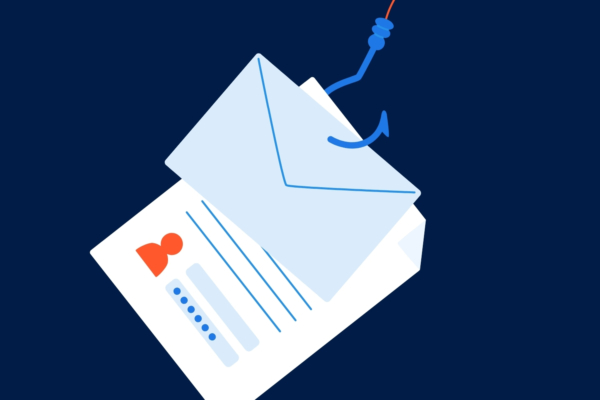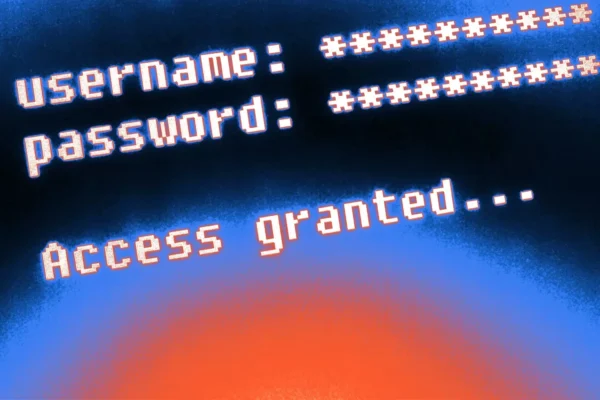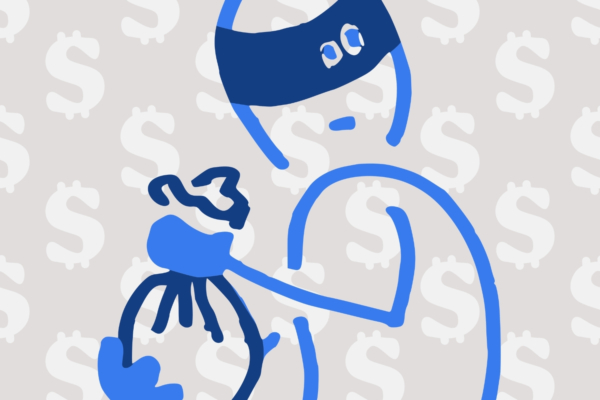
Online Banking Alerts: How to Use This Powerful Tool

Banking has come a long way in the last decade. Monthly statements are digital, you can transfer money using an app, and checks can be cashed with the snap of a photo.
One of the great features of banking in this modern age, however, is the variety of online banking alerts you can receive on your desktop and mobile devices. When you opt into the right alerts, you won’t need to guess when payments are due or wonder if you have enough money in your accounts to cover your bills. On top of monitoring your financial health, they can also add an extra layer of protection against fraud and identity theft.
Alerts will keep you informed and up-to-date on whatever transaction or financial obligations you choose to include. Here’s what you need to know about them.
Types of Online Banking Alerts
There are three categories of alerts that most financial institutions offer, with several alert options under each category.
General Account Alerts
These alerts can help you keep track of checking accounts, savings accounts, and more.
Debit Card Transactions and ATM Withdrawals
You can set your parameters so that you will receive alerts when your debit card purchases or ATM withdrawals exceed a specified amount. For debit card alerts, you will receive an alert when the transaction is authorized and when it posts to your account. You will also receive a notification if your transaction is declined.
Automatic Withdrawals
One of the conveniences of electronic banking is the ability to set up automatic withdrawals to handle electronic payments (or ACH debits) for expenses like gym memberships or insurance payments. When these payments are debited from your account, you will receive an alert advising you of the payee and the amount.
Checks Cleared
This alert lets you know when a check you have written has cleared your account. This is a great way to track any outstanding checks you may have.
Direct Deposit Alert
If you are on a direct deposit program with your employer, you’ll know when your paycheck has landed in your account. You will also receive an alert if you receive other electronic (or ACH) credits that are posted to your account.
Account Balance Above
Have a savings goal that you’re looking to achieve? Set an alert to get notified when your account hits the specific amount that you set.
Account Balance Below
On the flip side, if you’re trying to keep your account balance above a certain amount, you can set an alert that notifies you when your account balance falls below your specified amount.
Fraud Alerts and Detection
Many financial institutions will automatically send you fraud detection alerts, which notify you and lock your account when unusual transactions are made. Fraud detection systems may ask you to verify your recent transactions to ensure they were authorized.
There has been a recent uptick in fraud alerts “spoofing” scams. Someone reaches out via text or phone call, pretending to be your financial institution. They will ask for personal information, your PIN, your online banking password, or other information that can be used to gain access to your bank accounts.
If you receive a phone call or text message asking for personal information, or asking you to login to verify your account security, follow these steps:
- If you get a call regarding your accounts that you believe may be fraudulent, hang up immediately. Do not give them any information.
- If you get a text message asking about your account or any personal details, do not respond. Do not click on any links.
- Call your financial institution directly to report any fraudulent events or messages.
- Continue to monitor your accounts for any further fraudulent activity.
Security Alerts
The last category of notifications is security alerts.
These help you monitor your online bank account, notifying you of any suspicious activity that occurs, like someone trying to log in to access your information. Typically these alerts can be delivered via text, email, or phone call. Some of these may include:
- Alert me when Forgot Password is attempted for my Login ID
- Alert me when a computer/browser is successfully registered
- Alert me when my password is changed
- Alert me when my Login ID is changed
- Alert me when an invalid Password for my Login ID is submitted
- Alert me when my security alert preferences are changed
- Alert me when my Login ID is locked out
Keep in mind that these kinds of alerts don’t notify you if someone uses your account information to make purchases. For a more robust alert plan, it’s important to opt-in to some general transactional alerts on top of security alerts.
Which alerts should I use?
Whew— that’s a lot of online banking alerts!
With so many choices, you might be wondering, “Which alerts are the best ones to sign up for?”
Of course, the answer to this depends on your financial goals. Are you looking for maximum security protection for your account and identity? Is your goal to avoid dipping below a $0 balance? Are you trying to reach a savings goal?
Here are a few ways you may use your banking alerts as a powerful financial tool:
Maximizing Account Security
Alerts to opt in to: Security alerts, fraud detection, transaction alerts
At a minimum, financial experts recommend opting-in to any and all security alerts that your bank offers. This includes getting notified when you make changes to your online banking account or when unusual activity is detected on your account.
Transaction alerts add an additional level of protection that allow you to quickly identify when an unauthorized transaction has been made. Instead of having to routinely check your statement and scan for charges you didn’t make, you can get notified each time your card is used.
If it’s a transaction you’ve made, you can delete the notification and move on with your day. On the other hand, if you get a notice of a transaction you didn’t make, you can swiftly notify your bank and cancel the card.
Maintaining Your Account Balance
Alerts to opt in to: Direct deposit alert, account balance below alert, checks cleared alert, automatic withdrawal alert
Worried about your bank account dipping below a certain threshold? Turn on your direct deposit, account balance below, and withdrawal alerts. These notifications will let you know when you’re getting paid and when your account balance is getting low.
Additionally, opting into the checks cleared alert and the automatic withdrawal alert can also prevent you from being blindsided by money coming out of your account at an unexpected time.
See What Alerts Are Right for You
Online banking alerts come in handy in a variety of situations. Whether you want extra security protection on your account or are just looking for ways to hold yourself accountable with finances, alerts can help you.
Become an Amplify Member
Every Amplify account holder enjoys fee-free banking. That means no overdraft, maintenance, or other banking fees cutting into your pocket.


